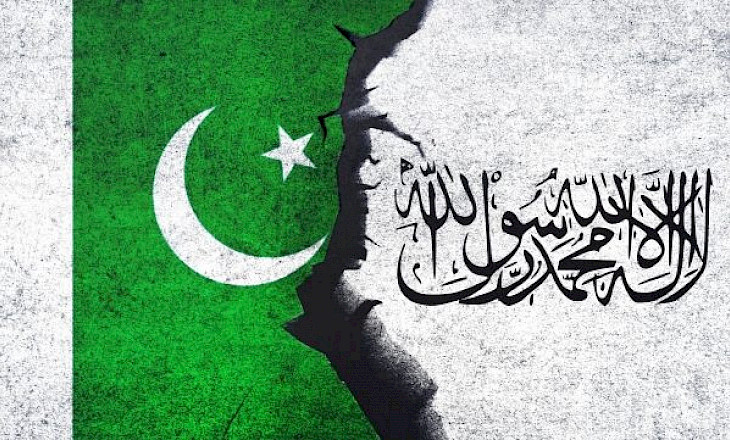Pakistan is reassessing its long-standing approach to Afghanistan as relations with the Taliban government deteriorate. According to New Lines, Islamabad has quietly revived contacts with Afghan opposition groups and is exploring political alternatives in case the situation worsen, Khaama.com reports.
Tensions have grown over the Taliban’s warming ties with India, stalled security cooperation, and a surge in attacks by Tehrik-i-Taliban Pakistan (TTP), which Islamabad sees as its main security threat. Pakistani intelligence officials reportedly believe the Taliban leadership is increasingly unresponsive to concerns about TTP networks operating from Afghan territory, raising fears for Pakistan’s internal stability.
Pakistan’s involvement in Afghan politics is not new: it supported the mujahideen in the 1980s and maintained complex relations with the Taliban since the 1990s. Analysts say today’s anxieties echo past periods when Kabul grew closer to New Delhi, reviving geopolitical rivalry in South Asia.
Sources told the publication that Islamabad has established discreet communication channels with members of an Afghan opposition party. However, opposition figures remain cautious, arguing that any engagement must serve Afghanistan’s national interests and avoid repeating historical patterns of external influence.
Experts warn that a major shift in Pakistan’s strategy — including potential support for anti-Taliban groups — could reshape Afghanistan’s political landscape but also risk renewed instability in the region.
CentralasianLIGHT.org
November 21, 2025

